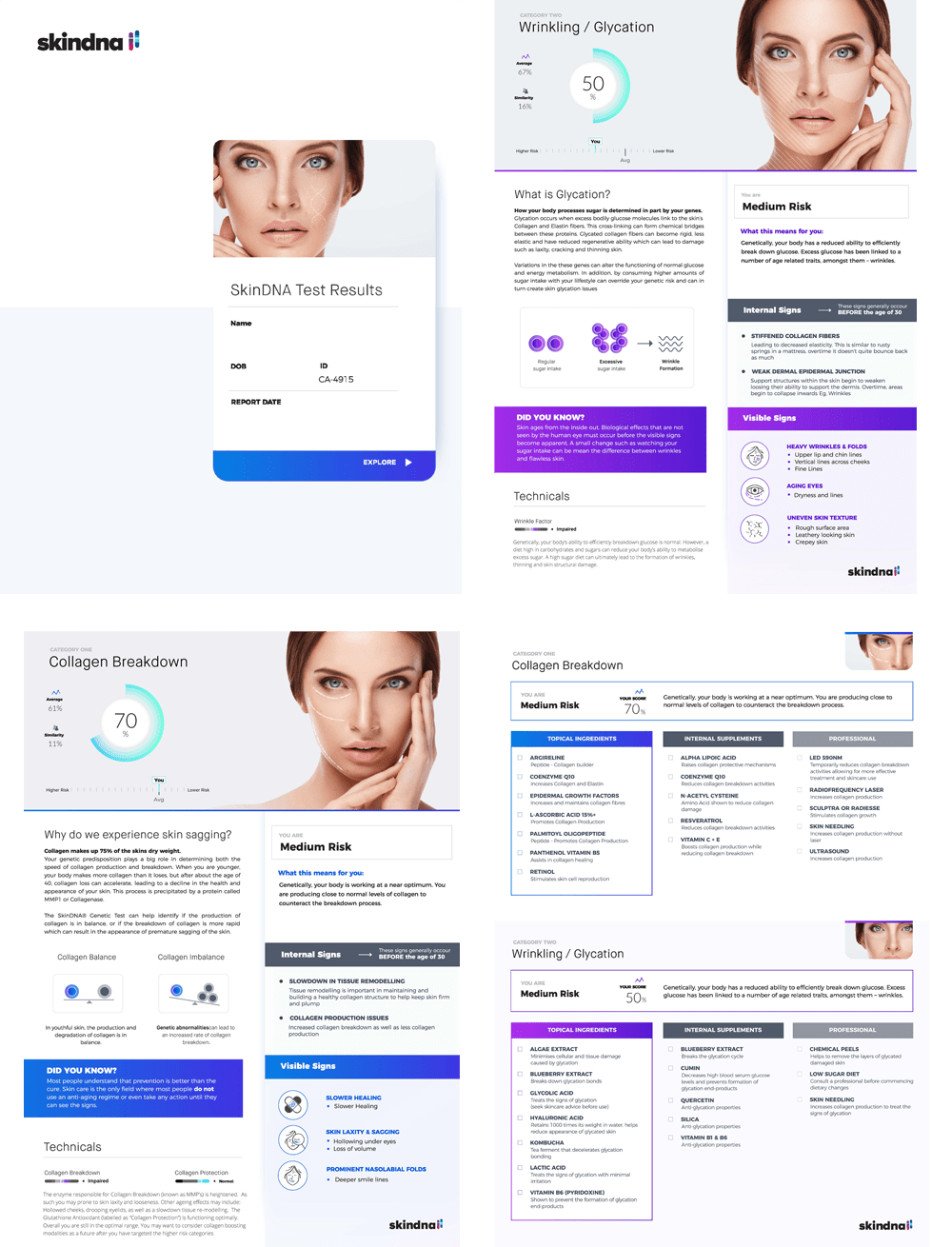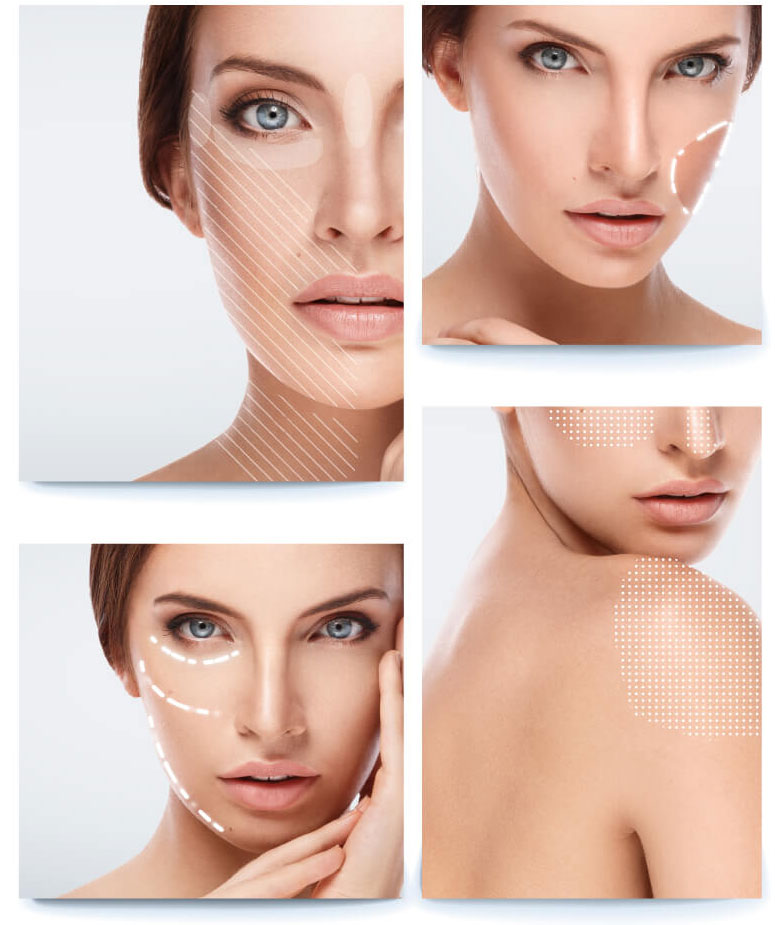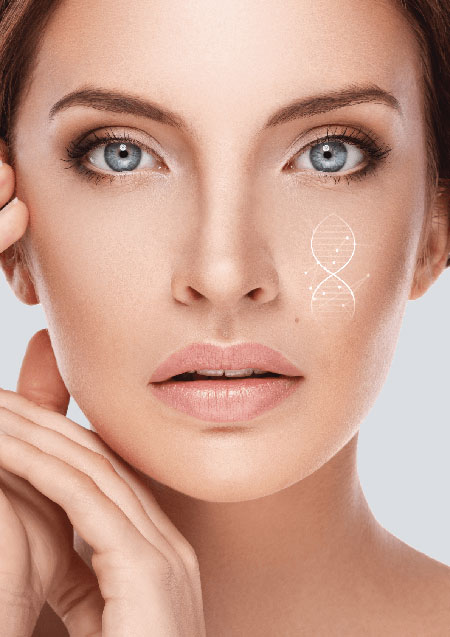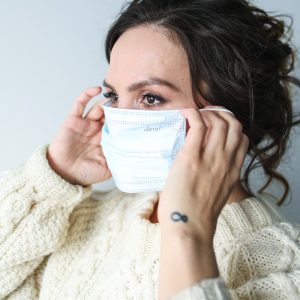SkinDNA
$110.00 – $184.00
Take the guesswork out of skin care and uncover your potential
With SkinDNA™ your DNA results are used to scientifically create a personalized guide to provide you with a unique skin care regime tailored specifically to you.
What can DNA testing for skin care do for you?
SkinDNA is a revolutionary DNA laboratory test that examines 16 genetic markers (SNPs) in 5 categories associated with skin aging. Helping you choose the right skin care ingredients targeted to your own genetic blueprint.
Select from two options
1. $149 for the SkinDNA add-on
Combine SkinDNA with any dnaPower test kit to learn all you can about your genetic makeup. With 200+ genetic variations tested, totalPower is the most comprehensive DNA testing for health, nutrition, fitness, and brain health.
2. $249 for SkinDNA only
Purchase SkinDNA as a standalone test to learn which skincare solutions work best—based on your unique genetics.
You may also like…
-
Sale!

Family Bundle
$661.00 – $2,640.00 Select options This product has multiple variants. The options may be chosen on the product page -

totalPower DNA Test Kit
$367.00 Add to cart















